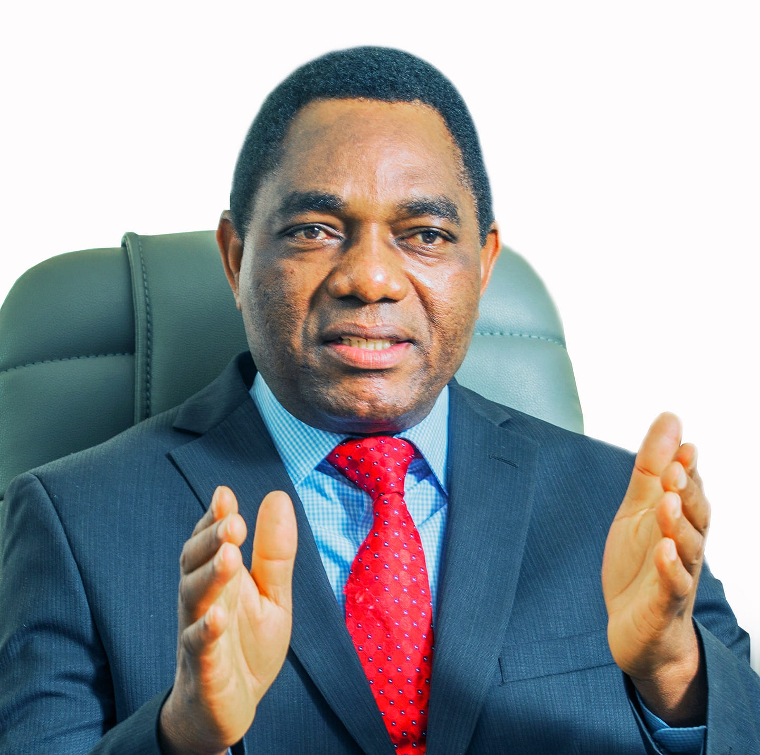On the domestic front, Hichilema has faced growing criticism that he is a “puppet” of Western powers led by the US, UK and the EU. His administration’s policies in the areas of mining, energy, security and foreign affairs have pushed the perception that he is actively favouring Western interests — an outright reversal of the position of his predecessor Edgar Lungu, who pivoted towards China and Russia.
The characterisation of Hichilema as a puppet of Western countries was amplified by the toxic fallout from the August poll in neighbouring Zimbabwe, which saw the re-election of President Emmerson Mnangagwa.
Upon assuming the rotational chairpersonship of the Southern Africa Development Community (SADC) organ on politics, defence and security, Hichilema appointed as head of the SADC election observer mission, Nevers Mumba, a Zambian opposition leader who, like himself, is politically close to Zimbabwean oppositionist Nelson Chamisa. The mission’s preliminary report went on to criticise the election as deeply flawed, a verdict shared by most other international observers.
Lashing out, senior figures in the ruling Zanu-PF alleged that Hichilema had tried to influence the outcome of the election by providing financial support to Chamisa’s Citizens Coalition for Change (CCC). Zanu-PF spokesperson Christopher Mutsvangwa dismissed the SADC preliminary report as evidence of how Hichilema, “who wants to become part of the charade of Western countries that always see Zimbabwean elections as a transition from Zanu-PF rule to some puppetry”, had sought to use SADC structures to push a Western agenda.
“The West,” Mutsvangwa added, “would like to see the back of the national liberation movement in Zimbabwe. They would expect the same thing in South Africa [and] Namibia. We know the game plan. I do not know if Hichilema wants to become the new champion of Western neo-colonial interests in southern Africa.”
This message even found support from some within the ANC, whose secretary general Fikile Mbalula declared the outcome of Zimbabwe’s election as “a victory over imperialist puppets”. This is the wider context of heightened regional political rhetoric and geopolitical rivalry within which Hichilema’s remarks about the risk of a coup should be understood.
In warning that he would crush the unspecified coup plotters, the Zambian president was attempting to make it look like there are elements in the military who may seek to take advantage of the puppet label to emulate their colleagues in West Africa. Behind the talk of a coup is rising political paranoia in Hichilema’s head emanating from his government’s failure to reduce the worsening cost of living, two years after his election.
Continued next page
(388 VIEWS)


